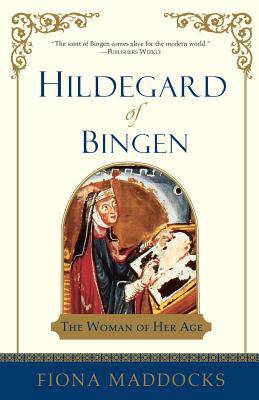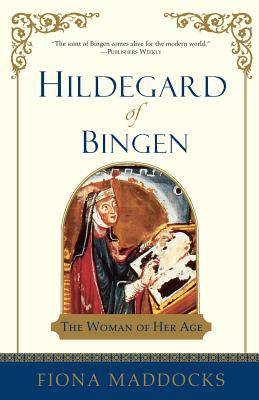
- Retrait gratuit dans votre magasin Club
- 7.000.000 titres dans notre catalogue
- Payer en toute sécurité
- Toujours un magasin près de chez vous
- Retrait gratuit dans votre magasin Club
- 7.000.0000 titres dans notre catalogue
- Payer en toute sécurité
- Toujours un magasin près de chez vous
28,45 €
+ 56 points
Format
Description
The twelfth-century German abbess Hildegard of Bingen would have been remarkable in any age. Today, her growing reputation as a composer of religious music has overshadowed the astonishing variety of her accomplishments and her part in the scientific, cultural, and theological revolution of the pre-Renaissance, from religion and mysticism to medicine and sex. Scivias, her book of apocalyptic visions, with its extraordinary and compelling illustrations, would alone have been enough to endure her lasting fame. The story of Hildegard's life, from her entry into a monastery at Disibodenberg on the Rhine as a child, through the exploration of her pent-up genius in middle years, to her eventual admission to the German canon of saints, is here told against a rich background of the years of the Crusades, the flowering of monasticism, papal schism and heresy. The forceful character that emerges challenges any image of demurely subjugated womanhood associated with the period. Hildegard's story is as fascinating as that of any figure in the Middle Ages, and she and her musical legacy continue to be the subject of debate a thousand years later.
Spécifications
Parties prenantes
- Auteur(s) :
- Editeur:
Contenu
- Nombre de pages :
- 352
- Langue:
- Anglais
Caractéristiques
- EAN:
- 9780385498685
- Date de parution :
- 20-05-03
- Format:
- Livre broché
- Format numérique:
- Trade paperback (VS)
- Dimensions :
- 140 mm x 213 mm
- Poids :
- 476 g

Les avis
Nous publions uniquement les avis qui respectent les conditions requises. Consultez nos conditions pour les avis.






